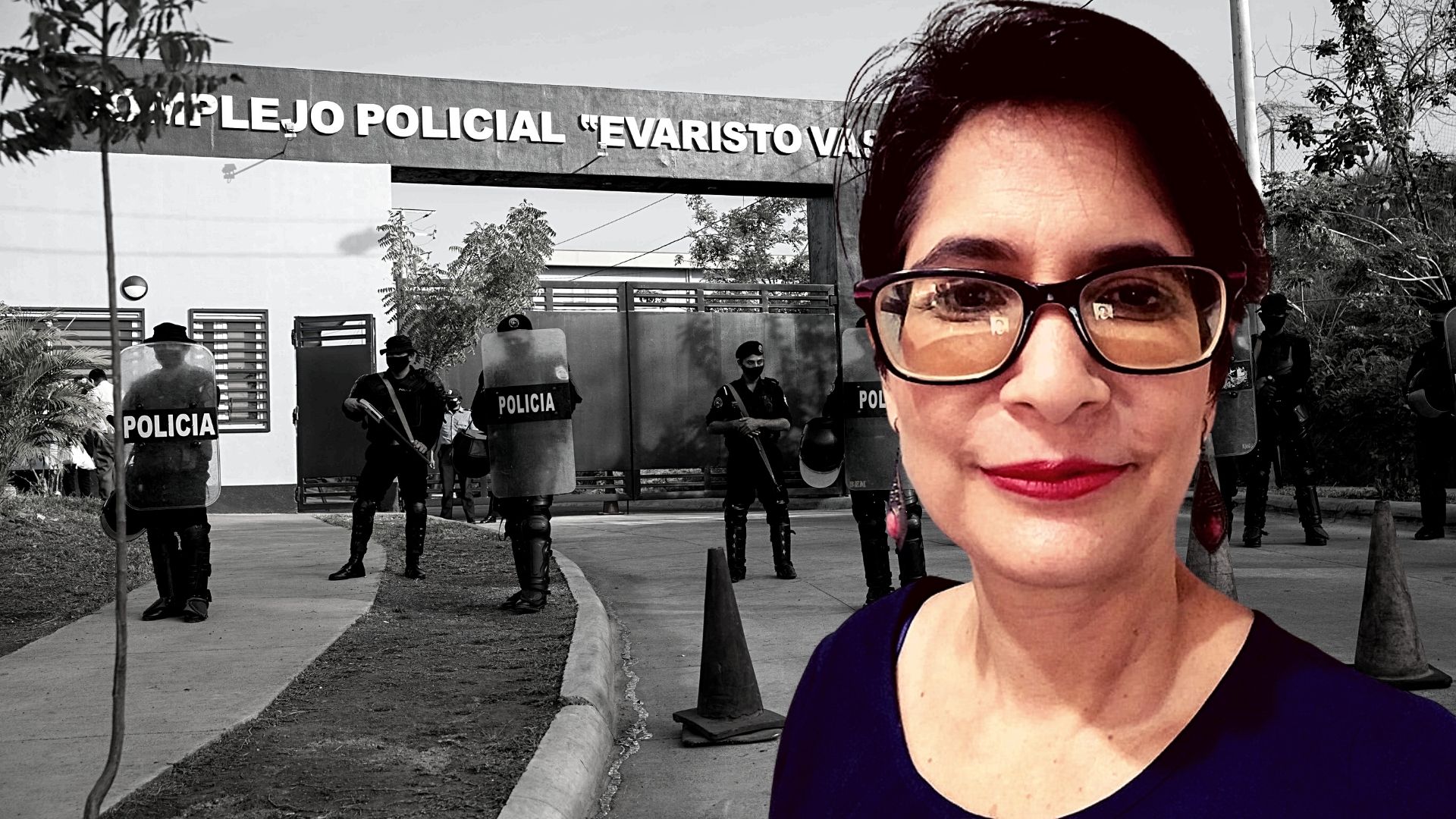Cuba will implement seven new rules related to the suspension of the payment of customs taxes for both passengers or natural persons and companies, directors of the General Customs and other sectors reported today.
These are regimes that stimulate the export and international insertion of all the country’s economic actors, the main change is that they can also opt for micro, small and medium-sized enterprises (MSMEs) recently authorized to carry out foreign trade, explained the deputy prime minister of Finance and Prices, Vladimir Regueiro.
When intervening in the Round Table space, he meant that among the regulations and facilities is the cancellation or refund of the payment of tariffs when the imported merchandise (raw materials and supplies), both by state entities and non-state forms of management, is destined for the production of exportable items that generate foreign currency income for the country.
Another change is the use of the computerization process of customs procedures such as the registration of invoices, operations and declarations, which speeds up and avoids the request for information that would already be available to the authority that would evaluate the origin or otherwise of these facilities. .
The Central Bank (BCC) will also implement new regulations such as raising the authorized amount of money in cash at the entrance and exit of the country from two thousand to five thousand Cuban pesos, a regulatory mechanism applied at the international level to control currency traffic and protect the national currency of each country.
The secretary of the BCC Yamila Martínez explained that in the case of free import and export, the established limit is also five thousand in freely convertible currency or foreign currency, which must be declared through a form by the passenger himself.
He insisted that these are measures adopted at the border at the entry and exit of cash, in compliance with international standards and conventions of which Cuba is a signatory, with the interest of preventing and confronting money laundering, the financing of terrorism, and protect the national currency.
Once these limits are exceeded, a rule is in force that establishes a permit from the BCC, which is quite expeditious, as it has seven days to respond to the request for monetary export with due verification that the funds are legal.





